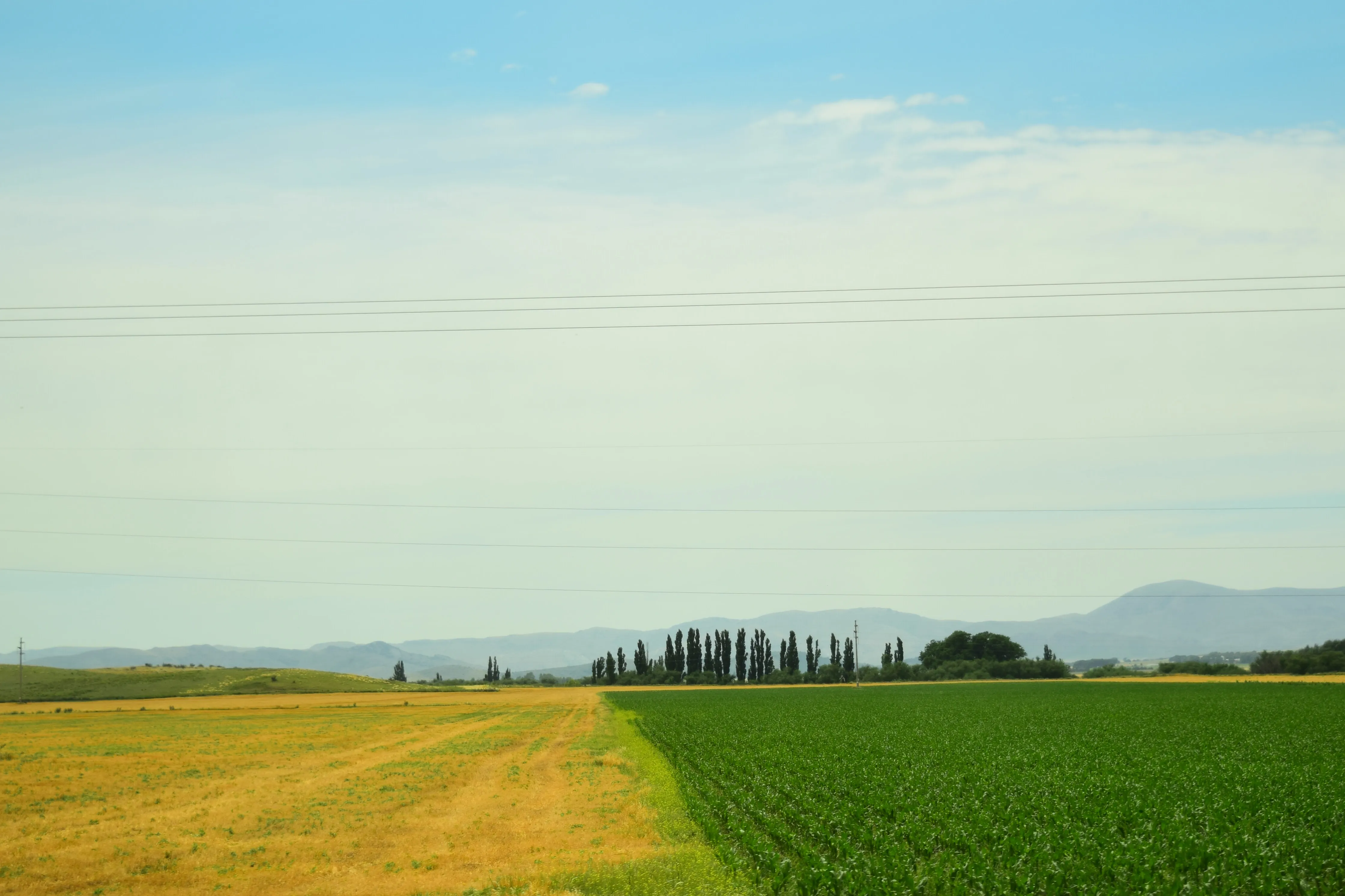The Basics of Crop Rotation: Enhancing Soil Health and Productivity
Dive into the basics of crop rotation with Vriksha Farms and learn how this practice enhances soil health and farm productivity. Discover its role in sustainable agriculture and its benefits for long-term farming success.

Introduction
Crop rotation, a time-honored agricultural practice, plays a crucial role in sustainable farming. Vriksha Farms, dedicated to responsible agroforestry and sustainable living, highlights the importance of crop rotation in maintaining soil health and boosting farm productivity. This blog post explores the fundamental concepts of crop rotation, its benefits, and how it contributes to the overall success of sustainable agriculture.
Understanding Crop Rotation
Crop rotation involves changing the types of crops grown in a particular area across different seasons or years. This practice prevents soil depletion, reduces pest and disease risks, and improves soil fertility and structure.
Benefits of Crop Rotation
- Improved Soil Health: Rotating crops helps maintain essential nutrients in the soil, reducing the need for chemical fertilizers.
- Pest and Disease Control: Different crops can break the cycle of pests and diseases associated with specific plants, thereby reducing infestations.
- Increased Biodiversity: Crop rotation encourages a diverse ecosystem, which is beneficial for soil health and wildlife.
- Enhanced Crop Yield: Healthy soil and reduced pest pressure naturally lead to improved crop yields.
Implementing Crop Rotation at Vriksha Farms
At Vriksha Farms, crop rotation is a cornerstone of our sustainable farming strategy. We implement a carefully planned rotation schedule to ensure optimal soil health and productivity. Our approach includes:
- Diversifying crop types to balance nutrient uptake and replenishment.
- Integrating legumes in rotation to fix nitrogen in the soil.
- Using cover crops to protect and enrich the soil.
Conclusion
Crop rotation is more than just an agricultural technique; it's a fundamental aspect of sustainable farming that ensures long-term soil health and farm productivity. By adopting this practice, farmers can contribute to a more sustainable and environmentally friendly agricultural system.
Call to Action: Embrace the benefits of crop rotation with Vriksha Farms. Explore our sustainable farming practices and learn how they contribute to a healthier, more productive agriculture system.
